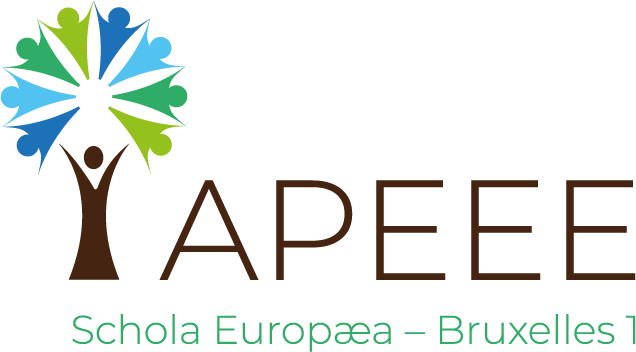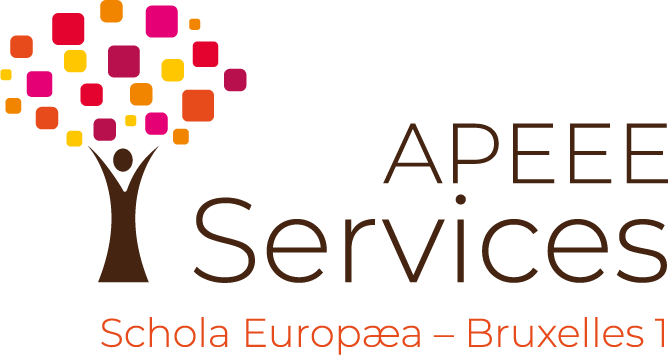Well-Being Working Group
Coordinators: Sara DAGOSTINI (Secondary) & Nadia ROSINI (Uccle Primary)
Contact: wellbeing@apeee-eeb1.org
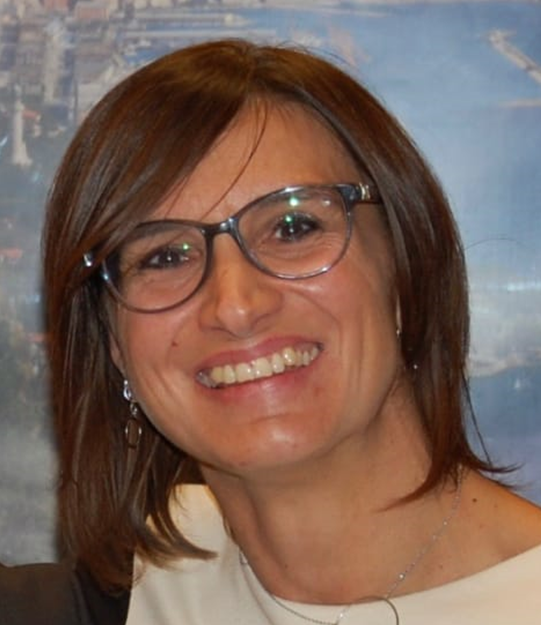 |
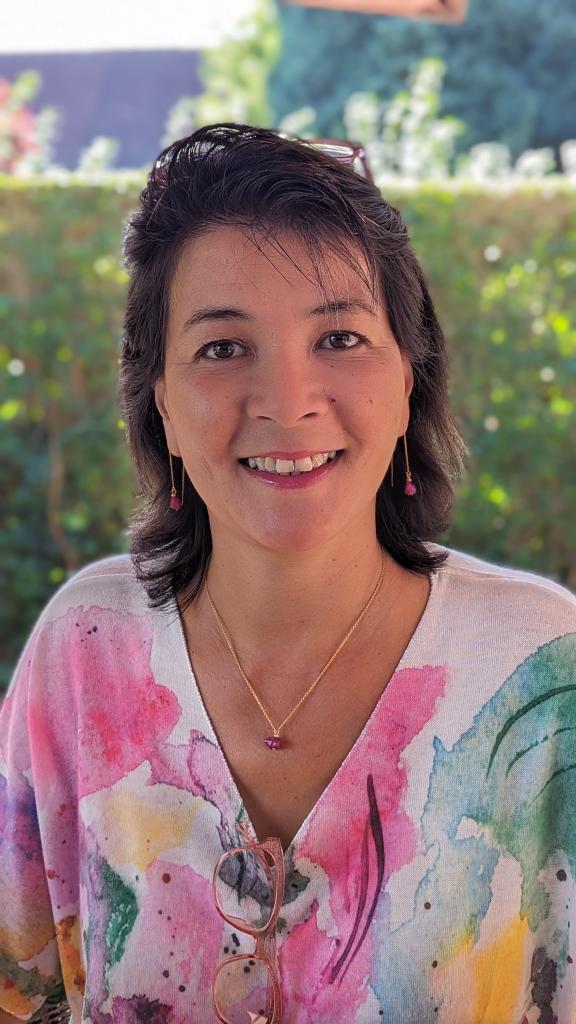 |
| Sara DAGOSTINI | Nadia ROSINI |
The Well-being of Children and Adolescents Working Group explores, proposes and develops initiatives to ensure pupils’ well-being at school, focusing on aspects of school life that are beyond the purely pedagogical: the emotional balance of adolescents inside and outside the classroom, the development of healthy relationship with peers and adults, and indirectly the quality and safety of the physical environment. Recently the groups has started focusing also on the mental health of the pupils. The group actively works to address the challenges faced by today's children, parents and teachers.
General Scope of Activity
The target audience of our work is the pupils, but we also work through teachers and parents. The main channels are:
- Ateliers for pupils and interventions in class
- Parent and pupil lunchtime conferences
Current initiatives include:
- EVRAS (Éducation à la vie relationnelle, affective et sexuelle): prevention programme under implementation in Secondary
- Substance abuse prevention (Secondary): policy and prevention programme under development
- Digital risks: policy and prevention programme to be developed
- Mindfulness: prevention programme to be explored for Secondary
- Values: prevention programme under implementation in Secondary
- Several conferences: digital risks, mental health (for students, parents and educators)
- Child protection and smart phone policies: as part of school-level working groups
New initiatives to be explored, mainly for Secondary:
- Communication for students (assertive communication), for parents and teachers (emphatic communication)
- Conflict management
- Cyberbullying
- Food and nutrition. Understanding the impact of sugar
- Health and sleep
Participation and Working Methods
The group accepts committed Board Members and parents interested in identifying good quality speakers, initiating projects, and providing logistical support for events. The Well-Being Group encourages participation from all language sections to help broaden and enrich the programmes and approaches.
The group is divided into small subgroups per topic, with one or few members assigned to each project. Communication is primarily by email or phone but we also organise two or three general meetings every year to discuss, brainstorm and agree on new initiatives; separate meetings may also be organised for individual projects or initiatives. Members of the group may take meetings with the school management, educational advisors, teachers or the student committee (CdE) to forward our objectives. We also give non-binding opinions on projects submitted for APEEE funding within the scope of our work. The group reports to the APEEE Board on the progress of its activities and presents formal position papers on issues of high importance.
If you are interested in one or more of these activities, please contact our Secretariat at: info@apeee-eeb1.org
![]() Mandate of the APEEE's Well-Being Working Group (January 2023)
Mandate of the APEEE's Well-Being Working Group (January 2023)
See related issues and positions: Child Protection Policy, Drugs and Addictions and Mobile Phone Policy
Outlook 2025–2026
The Well-Being activities for the year to come have not yet been discussed with the school, but the framework is in place since a couple of years. It is stable and effective, it should be replicated for the school year. The Well-Being policies will be completed, in collaboration with the APEEE, the Child Protection group will be resumed.
Useful documents
![]() “HIGH FIVE” - A helpful guide for students during distance learning (May 2021) -
“HIGH FIVE” - A helpful guide for students during distance learning (May 2021) -
Primary students | S1-S3 students | S4-S7 students
![]() “HIGH FIVE” - A helpful guide for parents to support students during distance learning (May 2021) - Primary parents | S1-S3 parents | S4-S7 parents
“HIGH FIVE” - A helpful guide for parents to support students during distance learning (May 2021) - Primary parents | S1-S3 parents | S4-S7 parents
![]() APEEE Internet Safety Tips (March 2025)
APEEE Internet Safety Tips (March 2025)
Events
A recording of this event is available upon request to the APEEE Secretariat.
A recording of this event is available upon request to the APEEE Secretariat.
Conference by Dr Sophie Dechêne, Child and Adolescent Psychiatrist, MD, MRCPsych, "Recreational screens: consequences for our children's health", Thursday 16 May from 19.30 to 21.30, Pupils' Canteen on the EEB1 campus in Uccle
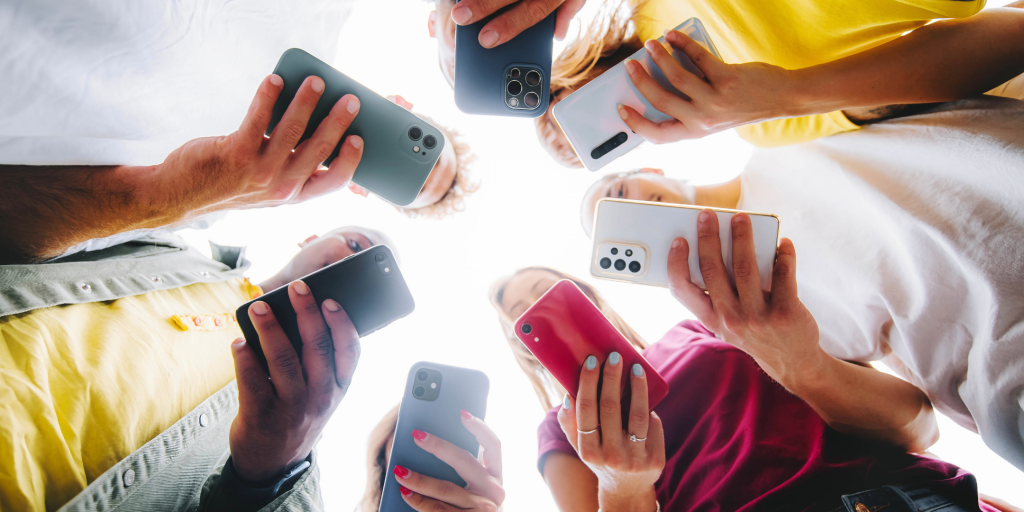
Dear EEB1 Parents,
We thank all those of you, including pupils, who on Thursday 16 May 2024 attended the conference by Docteur Sophie Dechêne on the impact of use of screens for recreational activities on the health of children.
Please find here the slides (in French) used by the speaker as well as the main takeaway messages (in English) of her presentation drafted by some participants. The slides contain notably all the scientific references used by Dr Dechêne for the conference, on top her daily practice of psychiatrist for children and teens in Belgium.
The conference was an opportunity for a very rich exchange of views among participants including testimonials of pupils and school staff and we would like to particularly thank them for having shared their opinions. We believe that this conference was helpful and enlightening for the participants and that the documents we share today will be of interest for the others.
Do not hesitate to contact us in case of questions.
For more information: www.co-naissance.be
